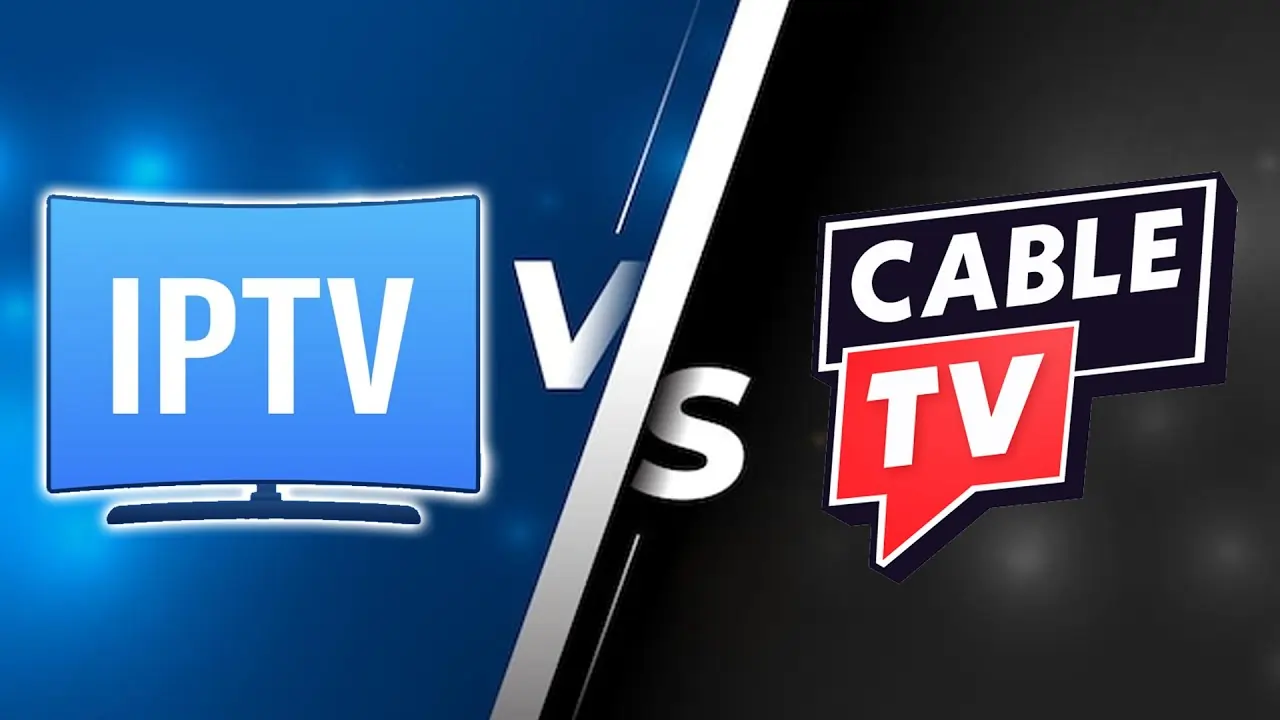
IPTV vs. Cable TV: Which One is Better?
In today’s rapidly evolving media landscape, consumers are faced with a myriad of options when it comes to accessing television content. Two popular choices are IPTV (Internet Protocol Television) and traditional cable TV. Both offer access to a wide range of channels and on-demand content, but there are significant differences between the two. In this article, we’ll compare IPTV and cable TV to help you determine which one is better suited to your needs.
What is IPTV?
IPTV delivers television content over the internet rather than through traditional cable or satellite signals. This technology allows viewers to stream live TV channels and on-demand content directly to their devices, such as smart TVs, computers, smartphones, and streaming boxes. IPTV services often offer features like cloud DVR, video-on-demand, and interactive TV functionality.
What is Cable TV?
Cable TV, on the other hand, relies on physical cables to deliver television signals to subscribers’ homes. This traditional method of TV delivery has been around for decades and typically requires the installation of a set-top box or cable modem. Cable TV services offer a wide selection of channels, including premium offerings like HBO and Showtime, as well as on-demand content and pay-per-view options.
Comparison Factors
1. Channel Selection:
- IPTV: IPTV services often boast extensive channel lineups, with options ranging from local broadcast networks to international channels and premium networks. Some IPTV providers also offer customizable channel packages to suit individual preferences.
- Cable TV: Cable TV providers typically offer a wide range of channels, including local networks, sports channels, news networks, and specialty programming. Premium channels like HBO and Cinemax are often available as add-ons.
2. Video Quality:
- IPTV: The video quality of IPTV services can vary depending on factors like internet connection speed and device compatibility. However, many IPTV providers offer high-definition (HD) and even 4K streaming options for a superior viewing experience.
- Cable TV: Cable TV traditionally delivers high-quality video with minimal buffering or pixelation, as the signal is transmitted through dedicated cables. Most cable TV providers offer HD channels as part of their standard packages.
3. Accessibility:
- IPTV: One of the key advantages of IPTV is its accessibility. Viewers can access IPTV content on a variety of devices, including smart TVs, computers, tablets, and smartphones, from virtually anywhere with an internet connection.
- Cable TV: Cable TV requires a physical connection to a cable outlet in the home, limiting accessibility to specific locations within the coverage area. While cable providers may offer streaming apps for mobile devices, access to live TV content may be restricted outside the home network.
4. Pricing:
- IPTV: IPTV services often offer competitive pricing compared to cable TV, especially for viewers who are looking to cut the cord and only pay for the channels they want. Additionally, IPTV subscriptions may include features like cloud DVR and on-demand content at no extra cost.
- Cable TV: Cable TV packages can vary widely in price depending on factors like channel selection, add-on options, and promotional offers. While introductory pricing may be attractive, cable TV bills can increase significantly over time, especially with additional fees and equipment rental charges.
5. Flexibility and Customization:
- IPTV: IPTV services typically offer greater flexibility and customization options compared to cable TV. Viewers can choose from a variety of channel packages and subscription tiers to create a personalized viewing experience. Additionally, IPTV often integrates seamlessly with streaming platforms and digital services.
- Cable TV: While cable TV providers may offer some degree of customization with channel packages and add-ons, the overall flexibility is more limited compared to IPTV. Cable TV subscribers may be subject to long-term contracts and equipment rental agreements, limiting their ability to make changes to their service.
Conclusion
In conclusion, both IPTV and cable TV have their own advantages and drawbacks, and the “better” option ultimately depends on individual preferences and circumstances. IPTV offers greater accessibility, flexibility, and potential cost savings, while cable TV provides reliable video quality and a wide selection of channels. Before making a decision, it’s important to consider factors like channel selection, pricing, video quality, and accessibility to determine which option aligns best with your viewing habits and budget.



#1 FIRST IPTV SUBSCRIPTION IN THE WORLD
Enjoy IPTV Service
Experience The Best IPTV subscription at competitive rates! Unlock access to over 18,000 live TV Worldwide Channels and 333,000 VODs. Stream in 4K from Anywhere on your all Devices!





